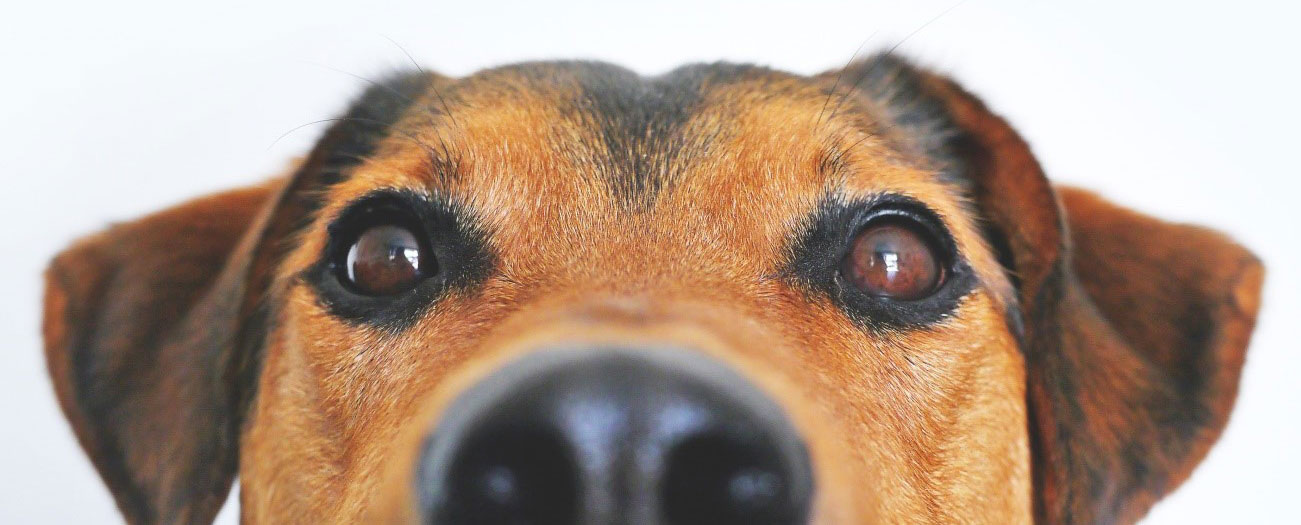Animal Licenses

Animal Licensing FAQs | Fees | Guidance from DEFRA | Application Forms | Registered Animal Establishments
Animal Establishment Licensing
Animal Welfare (Licensing of Activities Involving Animals) (England) Regulations 2018
In October 2018 the Government published the Animal Welfare (Licensing of Activities Involving Animals) (England) Regulations 2018 under section 13 of the Animal Welfare Act 2006. The effect of the new regulations was to replace some previous licensing regimes and to put in place a new licensing regime to control the following “licensable activities”
- Selling animals as pets
- Providing or arranging for the provision of boarding for cats or dogs
- Hiring out horses
- Breeding dogs
- Keeping or training animals for exhibition
The regulations came into effect on 1st October 2018 and introduced a new licensing regime to replace the licensing and registration regimes previously in place under the following legislation:
- Pet Animals Act 1951
- Animal Boarding Establishments Act 1963
- Riding Establishments Acts 1964 & 1970
- Breeding of Dogs Act 1973 & Breeding and Sale of Dogs (Welfare) Act 1999
- Performing Animals (Regulation) Act 1925
Applying for a renewal licence
The licence holder must apply to renew a licence at least 10 weeks before their current licence expires. This is to avoid incurring a break in the licensable activity, if they wish to continue to operate the licensable activity. Any applications received later than this could result in the licence holder paying additional fees for a brand new licence rather than a renewal. In turn, this also could affect your current star rating should you need to apply for a brand new licence.
Licensing threshold
The biggest change to the regulations is the reduction of the litter threshold for which a dog breeding licence is required.
- After the 1st October, anyone breeding three or more litters and selling at least one puppy in a 12 month period will require a dog breeding licence, this is a reduction from the previous litter test of five or more litters.
- A breeder can breed as many puppies as they like without a licence “if the person carrying on the activity (breeding) provides documentary evidence that none of them have been sold (whether as puppies or as adult dogs)”.
- For those breeding one or two litters in a twelve month period and selling puppies, a licence may be required if you are deemed to be “breeding dogs and advertising a business of selling dogs”. The Government has provided guidance on what local authority inspectors should consider when assessing whether a breeder meets the business test. These full guidelines can be found here.
- There are certain factors that would trigger the need for a breeding licence such as “High volumes of animals sold or advertised for sale could indicate a business; and low volumes of animals sold or advertised could indicate a business where high sales prices or large profit margins are involved”.
Conversely “Breeders who breed a small number of puppies (i.e. fewer than three litters per year), and sell them without making a profit” are deemed to be out of the scope of licensing.
It is important to note that a similar business test has been in place since 1999 for those breeding under the previous five litter threshold. Defra have informed the Kennel Club that as with the existing business test, it is not their intention for hobby breeders to be caught out under this business test.


